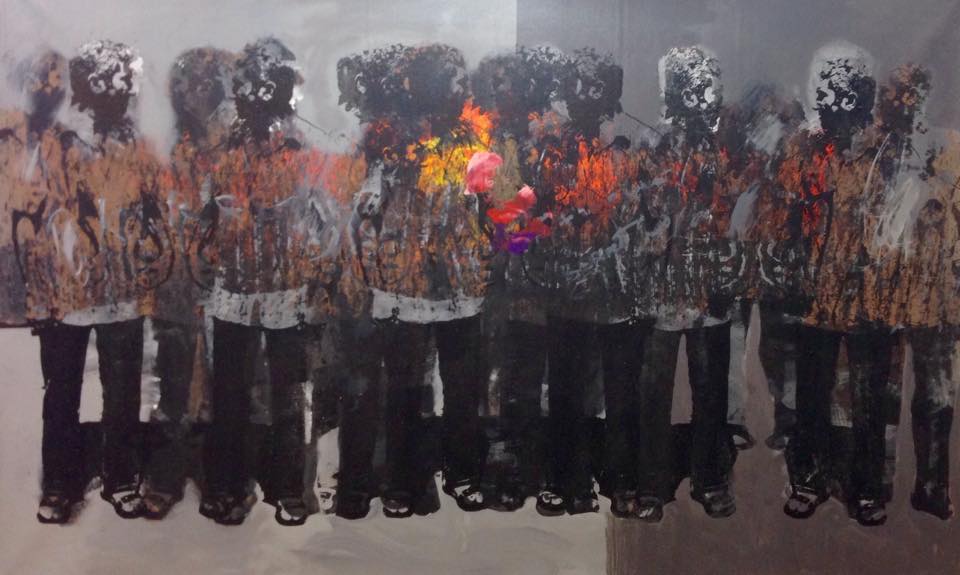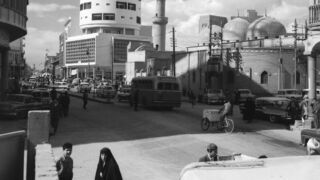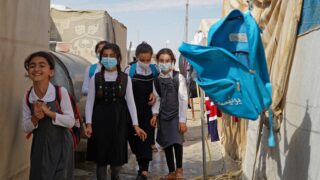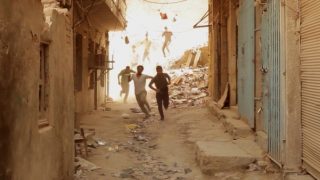“We don’t have sufficient resources to manage our normal spending and simultaneously fund the war on ISIS,” said Iraqi Prime Minister Haidar al-Abadi, during the World Economic Forum in the Swiss mountain resort of Davos.
As oil prices suffer an unexpected drop after years of stability, the talk of austerity has come to dominate both the official and popular Iraqi discourses. Previous Iraqi governments adopted arbitrary policies as far as their spending was concerned. The policy was based on two false presumptions: the first assumed that oil prices will remain consistently high; and the second assumed that Iraq would continue to increase its production of oil to ensure greater resources.
The problem, however, does not solely lie in the lack of vision by Iraqi decision-makers; indeed, there are no decision makers in Iraq in the first place, and there is no genuine Iraqi political economy that could help us to conceptualize the management of the economic processes in the country.
What we have in Iraq is anything but an economic system. Rather, it is “an immature mechanism to distribute oil revenues,” as one expert in political economy puts it. Iraq is the most dependent country in the world on oil revenues as its income represents roughly 93 per cent of the government’s budget and nearly 69 per cent of the country’s GDP. Thus, any attempt at formulating a strategic vision regarding the future of Iraq must seek to grapple with its most pressing vulnerability, namely exploring an answer to the following question: what should be done if Iraq fails, for some reason, to export oil, and how should the country be managed in that case?
English
Iraq: The Lack of a Political Economy Vision

Articles from Iraq
An Invitation to Grieve: Latif al-Ani’s Photographs in New York
I think of Baghdad’s wounds as I converse with Latif al-Ani’s photographs, which open up like passages through which I travel in time and wander beyond the dictatorial borders of...
Education in Iraq: The Detours of Collapse
The collapse of the public education sector, widespread corruption in the education system, the transferring of the Ministry of Education from one party to another (as per the post-2003 Iraqi...
We Waited for “The Matrix” to Fill Our World with Justice
Everything seemed to come to a halt in the period leading up to the US occupation of Iraq in April 2003. Everyday life, educational institutions, and government offices all came...
From the same author
Iraq’s Long Hot Summer
Iraq’s present rulers are facing an unprecedented and powerful wave of popular dissent, with protests shaking Baghdad and other southern Iraqi cities. The strength of the protests has taken politicians...
In Iraq’s Sectarian War, First There Had To Be Sects
Donald Rumsfeld and Paul Bremer told Americans that the Iraq they had invaded was a country divided by sects, religious and ethnic: Shi’ite and Sunni, Arab and Kurd. But as...
Managing Brutality
There is a consensus that the success of ISIS to control Mosul was a big surprise and that the ease with which this control was achieved even surprised ISIS...






